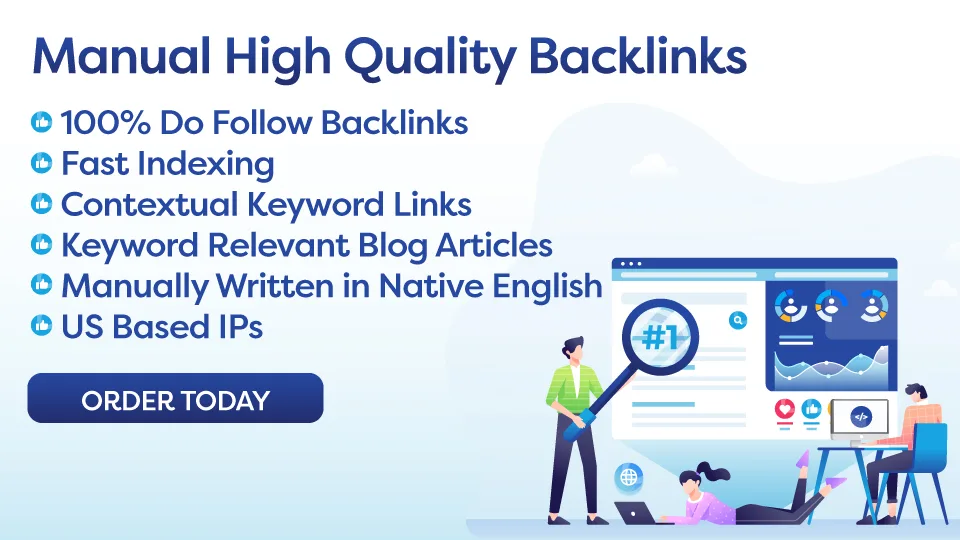Google penalties can have a devastating impact on small and medium-sized enterprises (SMEs), leading to decreased traffic and revenue. Understanding the types and impact of Google penalties is crucial for business owners. Common reasons for penalties include outdated SEO practices and low-quality content. To recover, SMEs should identify the root cause of the penalty, conduct a website audit, and implement a recovery plan that includes content audits and link cleanup. By avoiding common pitfalls, SMEs can protect their online presence, maintain search engine rankings, and prevent future penalties. Adhering to best practices and following Google’s guidelines is essential for SMEs to avoid penalties in the future.
Excerpt: Google penalties can be devastating for small businesses, but recovery is possible with the right strategies in place.
Introduction:
Google penalties can have severe consequences for small and medium-sized enterprises (SMEs). In today’s digital age, where online visibility is crucial for business success, being penalized by Google can result in a significant drop in traffic and revenue. As a small business owner, understanding Google penalties and how to recover from them is essential to protect your online presence and maintain your business’s growth. How can SMEs navigate the complex world of Google penalties and bounce back stronger than ever?
Key Takeaways:
1. Understanding Google penalties and their impact on SMEs
2. Common reasons for Google penalties for SMEs
3. Strategies to recover from Google penalties for SMEs
Key Takeaways:
1. Understanding Google penalties and their impact on SMEs:
Google penalties can come in various forms, such as manual penalties or algorithmic updates. These penalties can result in a drop in search engine rankings, loss of traffic, and decreased visibility on the web. For SMEs, these consequences can be particularly damaging, as they rely heavily on their online presence to attract customers and drive sales. It is essential for small business owners to understand the different types of Google penalties and how they can impact their business.
Subheadings:
– Types of Google penalties for SMEs
– Impact of Google penalties on SMEs
Google penalties for SMEs can result from various violations of Google’s guidelines, including keyword stuffing, unnatural links, and thin content. Understanding the specific reasons for these penalties can help SMEs avoid them in the future and take proactive steps to recover from them. In addition, small business owners should be aware of the potential impact of Google penalties on their website’s traffic, visibility, and overall online reputation.
2. Common reasons for Google penalties for SMEs:
Small businesses can run afoul of Google’s guidelines for a variety of reasons, including outdated SEO practices, low-quality content, and spammy backlinks. It is crucial for SMEs to adhere to best practices for search engine optimization and focus on creating high-quality, valuable content that meets the needs of their target audience. By avoiding common pitfalls that can lead to Google penalties, small business owners can protect their online presence and maintain their search engine rankings.
Subheadings:
– Outdated SEO practices to avoid
– Creating high-quality content for SME websites
Outdated SEO practices, such as keyword stuffing and buying links, can lead to Google penalties and a drop in search engine rankings for SMEs. Small business owners should focus on creating relevant, informative content that adds value to their website visitors and helps them attract organic traffic. By following Google’s guidelines for quality content and ethical SEO practices, SMEs can improve their online visibility and avoid penalties that can harm their business.
3. Strategies to recover from Google penalties for SMEs:
Recovering from Google penalties can be a challenging process, but with the right strategies in place, SMEs can regain their search engine rankings and restore their online reputation. Small business owners should start by identifying the root cause of the penalty and taking corrective actions to address any violations of Google’s guidelines. By implementing a comprehensive recovery plan that includes content audits, link cleanup, and ongoing monitoring, SMEs can recover from Google penalties and prevent future penalties from occurring.
Subheadings:
– Identifying the root cause of the penalty
– Implementing a comprehensive recovery plan
To recover from Google penalties, SMEs must first identify the specific reasons for the penalty and take corrective actions to address any violations of Google’s guidelines. This may involve conducting a thorough content audit, removing spammy links, and improving the overall quality of the website. Small business owners should also implement a comprehensive recovery plan that includes ongoing monitoring of their website’s performance, tracking their progress, and making adjustments as needed to prevent future penalties.
Action Plan:
1. Conduct a thorough audit of your website to identify any potential violations of Google’s guidelines.
2. Remove any low-quality content, spammy links, or outdated SEO practices that may be causing Google penalties.
3. Implement a comprehensive recovery plan that includes content audits, link cleanup, and ongoing monitoring of your website’s performance.
Conclusion:
Google penalties can have a significant impact on SMEs, but with the right strategies in place, small business owners can recover and regain their search engine rankings. By understanding Google penalties, avoiding common pitfalls, and implementing a comprehensive recovery plan, SMEs can protect their online presence and maintain their business growth in today’s competitive digital landscape.
FAQ:
Q: How long does it take to recover from a Google penalty?
A: The recovery time for a Google penalty can vary depending on the severity of the penalty and the actions taken to address the violations.
Q: What are some common reasons for Google penalties for SMEs?
A: Common reasons for Google penalties for SMEs include outdated SEO practices, low-quality content, and spammy backlinks.
Q: How can SMEs avoid Google penalties?
A: SMEs can avoid Google penalties by adhering to best practices for search engine optimization, creating high-quality content, and following Google’s guidelines for quality and ethical SEO practices.

